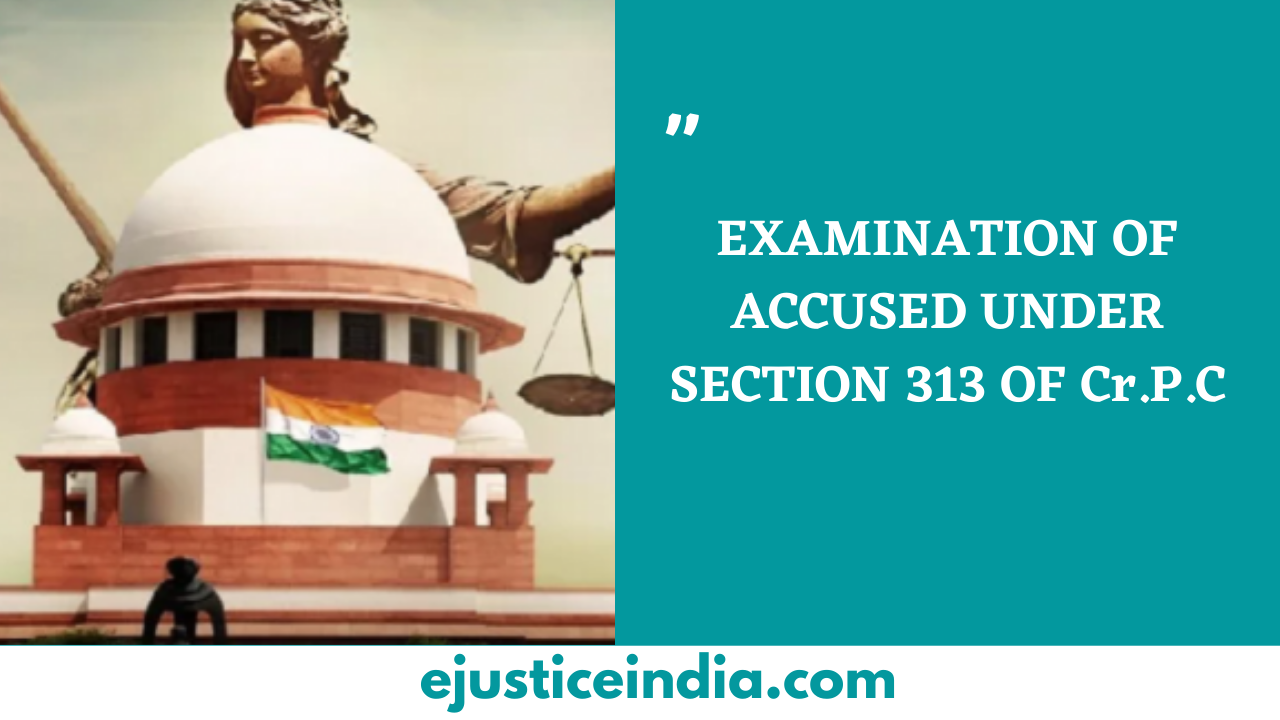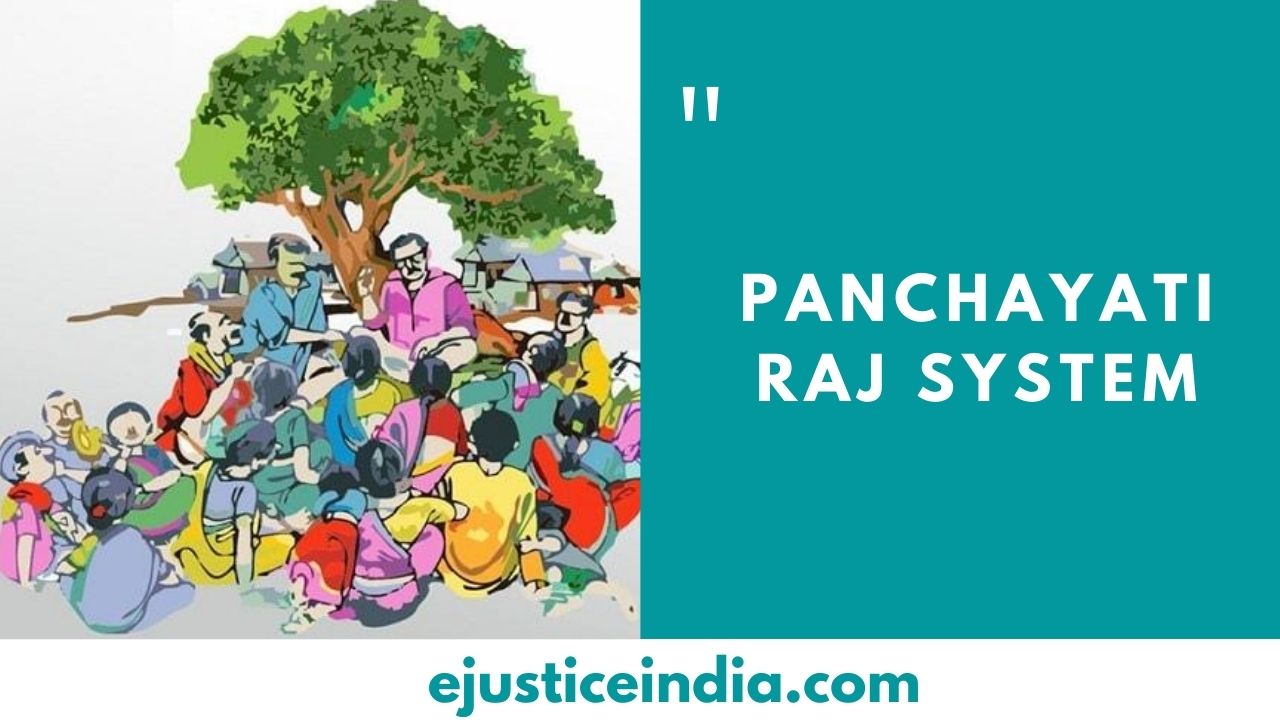Complaint to Magistrate under CrPC, 1973
Author: Sharen Adhitya
Introduction
Criminal Procedure Code is procedural law. Therefore, it describes that procedure, which should be adopted for administration of criminal justice. In fact, It has provided provisions for explanation of procedure in respect of investigation, inquiry and trail. Even it has also provided provisions to elaborate procedure in respect of complaint.
Meaning of Complaint
Section 2(d) in the Code of Criminal Procedure, 1973. Complaints means any allegation made orally or in writing to a magistrate, with a view to his taking action under this code, that some person, whether know or unknown, has committed an offence, but does not include a police report.
Objective
The mere objective of such an examination of the Complaint presented to the magistrate is to establish whether there is any direct or actual case against the person who is being accused of the offence in the fallowing complaint.
Essentials of a Valid Complaint
The Fallowing are the essentials of a valid complaint.
- A Complaint requires an allegation of commission of an offence by offender.
- The complaint can be orally or in writing.
- The complaint must be made to a magistrate.
- The complaint should be made to take action by the magistrate.
Section 200 to 203 deals with the complaint to the magistrate in criminal procedure code 1973.
(Section 200) Examination of complainant.
A Magistrate taking cognizance of an offence on complaint shall examine upon oath the complainant and the witnesses present, if any, and the substance of such examination shall be reduced to writing and shall be signed by the complainant and the witnesses and also by the Magistrate.
Provides that, when the complaint is made in writing, the Magistrate need not examine the complainant and the witnesses-
- If a public servant acting or purporting to act in the discharge of his official duties or a court has made the complaint,
- If the Magistrate makes over the case of inquiry or trail to another Magistrate under Section 192.
Provided further if the Magistrate makes over the case to another Magistrate under Section 192 after examining the complaint and the witness, the letter Magistrate need not re-examine them.
Gurudas Balkrishna vs Chief Judicial Magistrate Gao- A Complaint was filled by the application on 31st July 1992 here the Magistrate has not even recorded his statement for the verification of the complainant of several months. It was held that the Magistrate to record the evidence for the complainant and the witnesses, if any, within a week from the date of its order, and the magistrate is not permitted to delay the verification for months.
(Section 201) Procedure by Magistrate not competent to take cognizance of the case.
If the complaint is made to a Magistrate who is not competent to take cognizance of the offence, he shall,
- If the complaint is in writing, return it for presentation to the proper court with an endorsement to that effect:
- If the complaint is not in writing, direct the complaint to the proper court.
RajendraSingh vs State of Bihar – The court acquitted the accused under the ground that the court has no jurisdiction to take action over the complaint. Hence it was held that the order of acquittal was illegal as the court can return the complaint about the presentation to the proper court instead of acquitting the accused.
(Section 202) Postponement of issue of process.
1. Any Magistrate, on receipt of a complaint of an offence of which he is authorised to take cognizance or which has been made over to him under section 192, may, if he thinks fit and shall, in a case where the accused is residing at a place beyond the area in which he exercises his jurisdiction, postpone the issue of process against the accused, and either inquire into the case himself or direct an investigation to be made by a police officer or by such other as it thinks fit, for the purpose of deciding whether or not there is sufficient ground for proceeding:
- Provided that no such direction for investigation shall be made-
- Where it appears to the Magistrate that the offence complained of is triable exclusively by the court of session; Where the complaint has not been made by a court, unless the complainant and the witnesses present (if any) have been examined on oath under section 200.
2. In an inquiry under sub section (1), the Magistrate may, if he thinks fit, take evidence of witnesses on an oath: Provided that if it appears to the Magistrate that the offence complained of is triable exclusively by the court of session, he shall call upon the complainant to produce all his witnesses and examine them on oath.
3. If an investigation under sub section (1) is made by a person not being a police officer, he shall have for that investigation all the powers conferred by this code on an officer-in-charge of a police station except the power to arrest without warrant.
Lakshminarayan vs Narayana- The Supreme Court observed that the sub section (1) of section 202 crpc 1973, a magistrate who receives a complaint disclosing offence exclusively triable in session court is not debarred from sending it to the police for investigation.
(Section 203) Dismissal of complaint.
If, after considering the statements on oath (if any) of the complainant and of the witnesses and the result of the inquiry or investigation (if any) under section 202, the Magistrate is of opinion that there is no sufficient ground for proceeding, he shall dismiss the complaint, and in every such case he shall briefly record his reasons for so doing.
Hansabai payagude vs Ananda payagude- Here the accused was discharged after considering all the documents produced by the complainant and thereafter a new prosecution was filed under the same facts. On these facts, the Court held that the court may not consider this as there is no sufficient ground for proceeding with the complaint unless he is satisfied with some additional evidence approaching.
Conclusion
When the complaint is filed in writing before the court, the magistrate after studying the complaint registers. After registering it, the statement of the complainant under section 200 criminal procedure code (1973) is recorded on the same day and the case is fixed for recording evidence of the witnesses under section 202 of the code of criminal procedure for any other day. After recording evidence under section 202 crpc of the witness or witnesses and the case is fixed for arguments on summoning. Having heard the arguments on hearing, the case is fixed for next summoning. If the Magistrate finds or satisfies that evidence related to the offences are available in the complaint as per evidence under section 200 to 202 of the code of criminal procedure. The magistrate issues the process under section 204 of the crpc against the accused. On the other hand, if the magistrate is satisfied after studying evidence under section 200 and 202 crpc, that no prima facie is made out and there is no sufficient ground for proceeding then he dismisses the complaint under section 203 Crpc.


